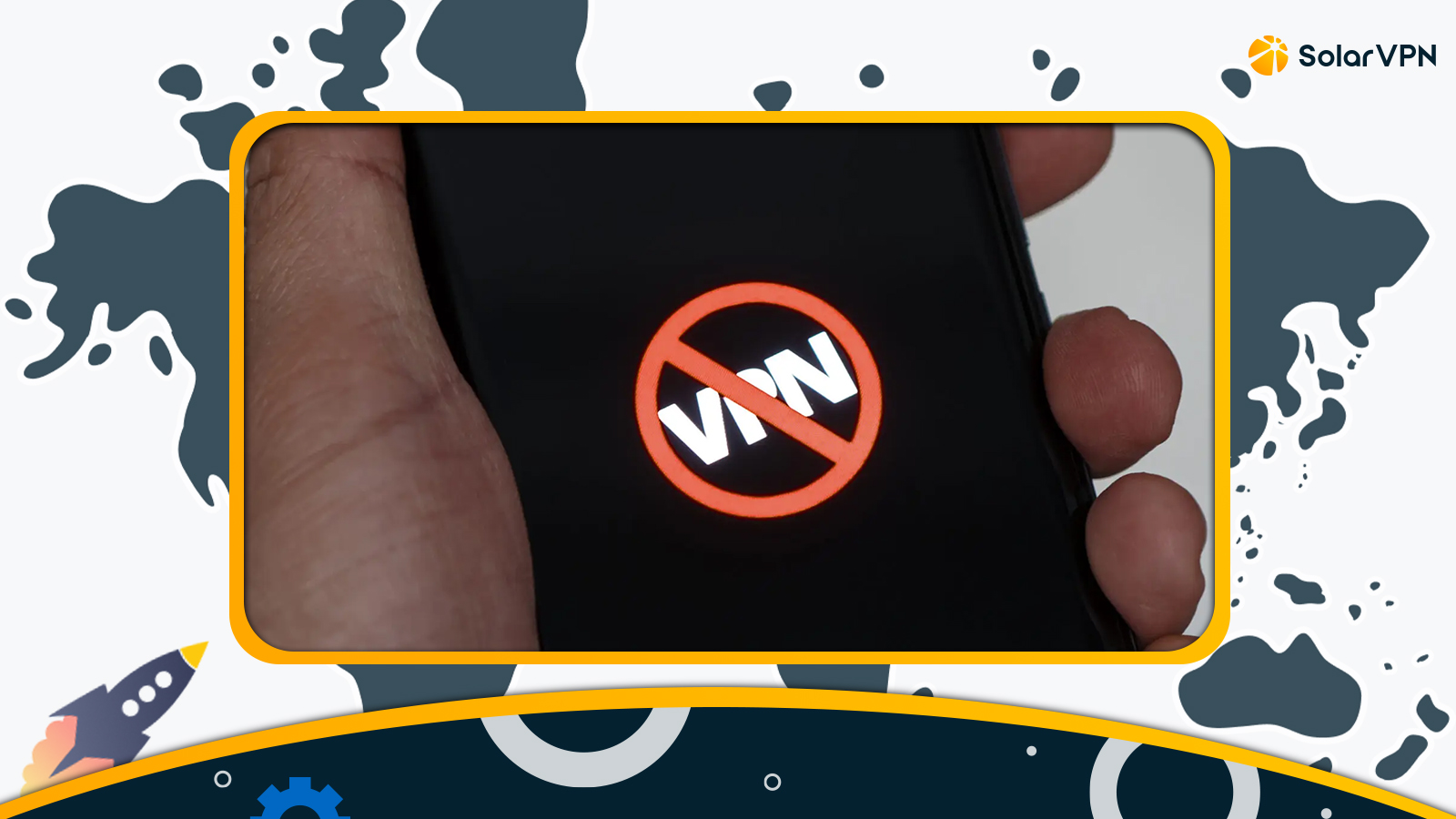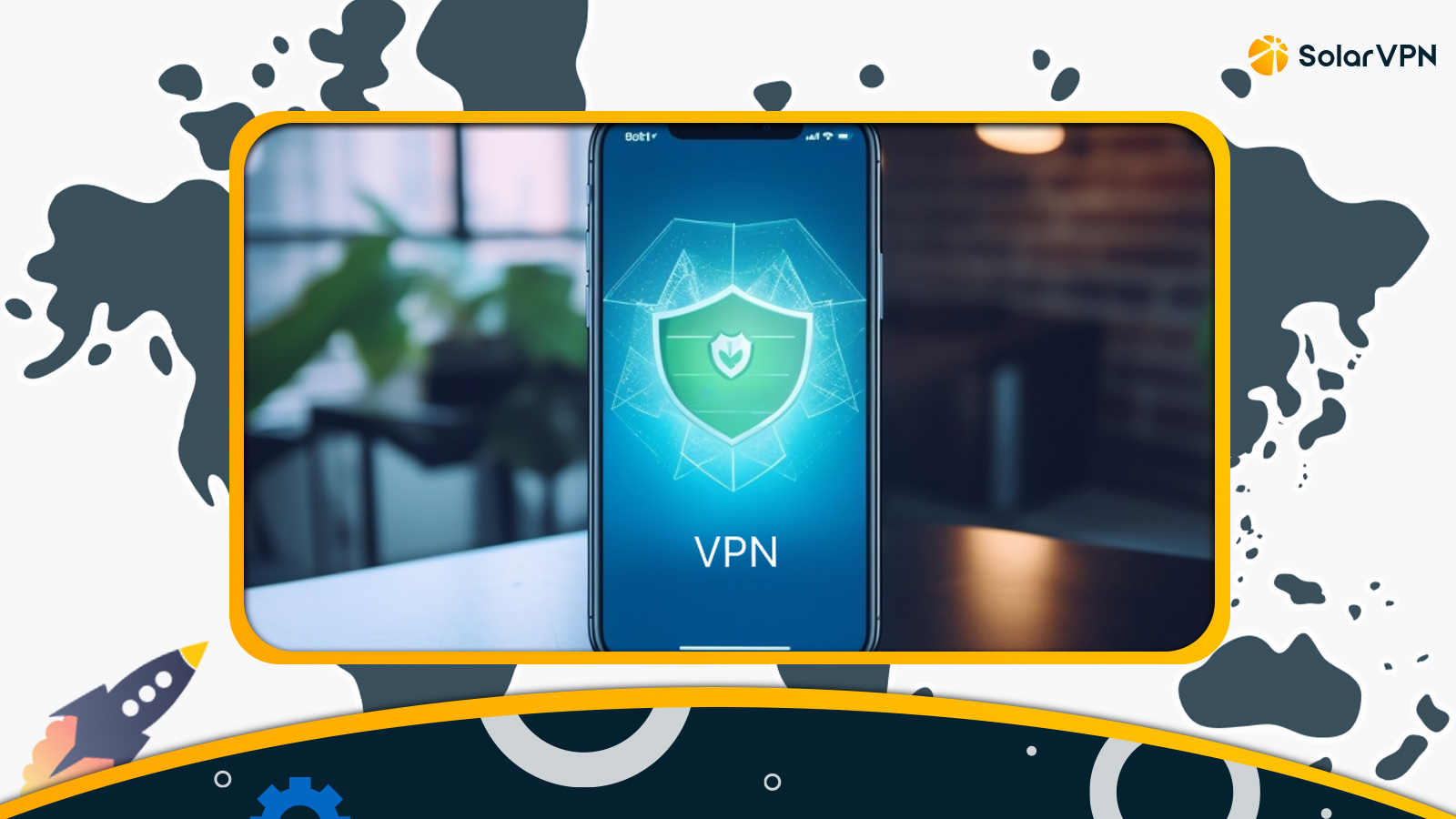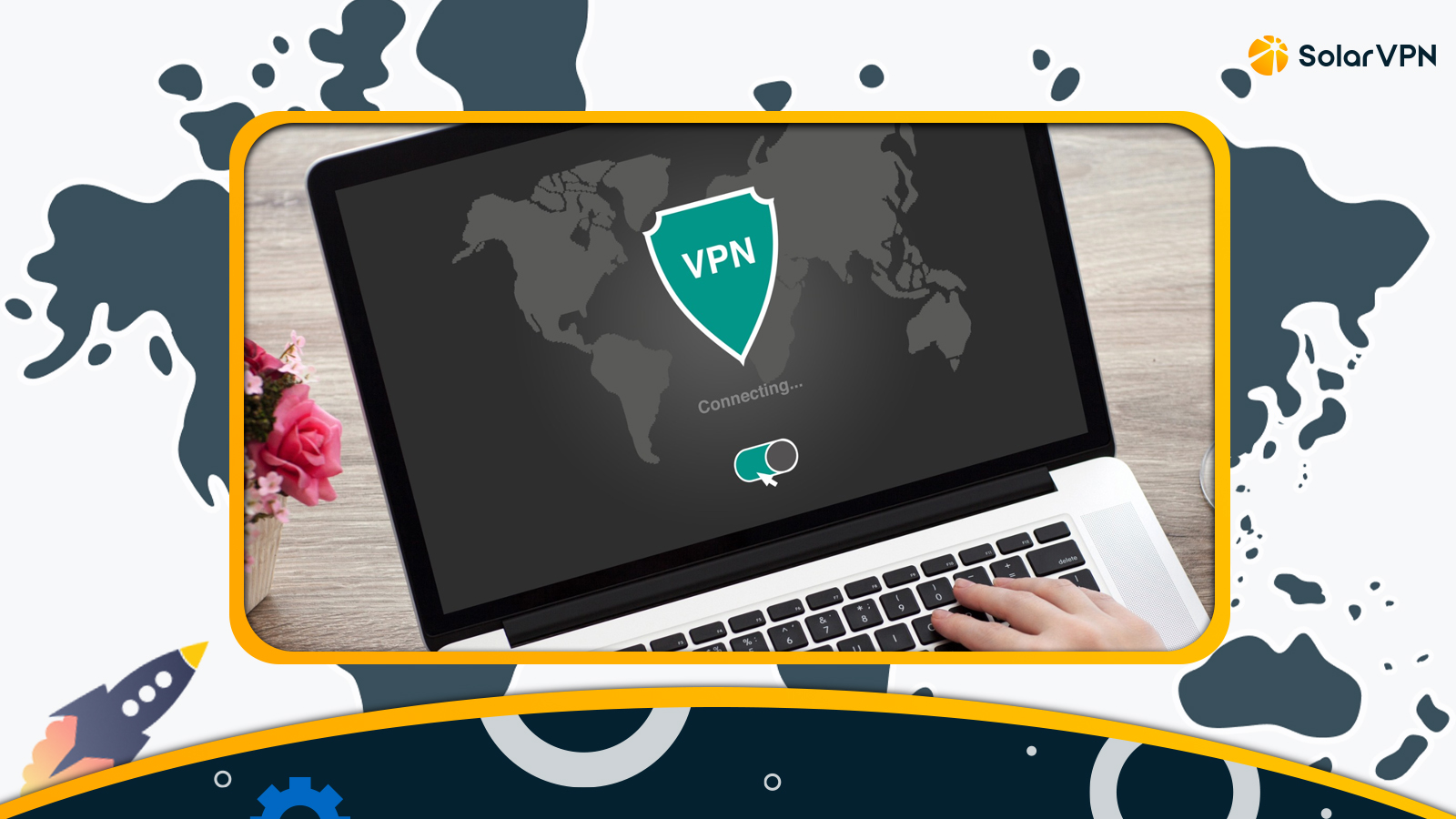8 Common VPN Issues and the Best Ways to Fix Them
Aug 21, 2024
VPNs offer a valuable means to surf the web privately and access blocked content. However, there are times when they might not connect properly, leading to frustration and inconvenience. This guide explores the primary reasons behind VPN connection problems and provides solutions to address them. Continue reading to learn more.
Why Can't My VPN Connect?
Common VPN connection issues can range from simple to complex. Here are some typical problems you might encounter:
- Sometimes, the firewall settings can prevent VPN access by blocking the necessary ports.
- If your VPN software is out of date, it could lack the latest features or security patches, which may hinder connectivity.
- Incorrect VPN settings are a common culprit; ensuring your configuration matches the provider's recommendations is crucial.
- Poor internet connectivity or a fluctuating network connection can often seem like a VPN problem when, in reality, the issue lies with your base internet connection.
- The VPN server itself might be down or undergoing maintenance, which can disrupt service.
- Incorrect login details or an expired password can block access. Always double-check your credentials before troubleshooting further.
- Geographic and network restrictions can also impact VPN connectivity. Some locations have legal restrictions on VPN use, and certain networks may block VPN traffic to enforce security policies.
- Lastly, the specific ports your VPN uses might be blocked. For typical VPN connections, ports like 1194 TCP/UDP and 443 TCP are essential as they handle the data tunneling that secures your internet activity.

How to Fix VPN Connection Issues
If you're experiencing difficulties with your VPN either not connecting or disconnecting frequently, here are some detailed troubleshooting tips to help resolve these common issues:
Test and Stabilize Your Internet Connection
A VPN's functionality hinges on the stability of your internet connection as it routes your traffic through a private server and masks your IP address. If your internet connection is inactive, your VPN cannot operate. Here are steps to ensure your internet connection is stable:
- Disconnect from your Wi-Fi network and then reconnect.
- Power cycle your router by turning it off, waiting for a minute, and then turning it back on.
- Inspect the Ethernet cable connected to your router for any physical damage or disconnection.
- If these steps don't restore your connection, reach out to your Internet Service Provider (ISP) for help. While both your internet and VPN might be active, transitions between cellular data and Wi-Fi can cause instability in your VPN’s connection to its servers.
Verify and Manage Your VPN Credentials
A common issue with VPN connections is incorrect login information. Double-check your VPN credentials—a simple misspelling in your username or password can prevent access. If you suspect your credentials are lost or forgotten:
- Utilize the password reset option provided by your VPN service.
- Contact your VPN provider’s customer support for further assistance.
- Regularly update your passwords and ensure they are robust to enhance security, especially if your VPN is also configured on your router. Remember, the credentials for your router's VPN may differ from those of your VPN client.
Restart and Reinstall Your VPN Software
Software glitches can often be resolved by restarting your VPN application:
- Close the VPN application and then reopen it.
- For VPNs that operate as browser plugins, close your browser completely and then reopen it.
- If the issue persists, uninstalling and then reinstalling your VPN software may resolve deeper issues like slow connections, frequent crashes, or partial connectivity that allows connection to the network but restricts certain internet activities like opening links.

Remove Outdated or Unused VPN Software
Previous installations of VPN software can interfere with your current VPN's functionality. If you've experimented with different VPNs:
- Deactivate or uninstall any VPN software that is no longer in use.
- Clearing out these old installations can prevent conflicts and might solve issues with your current VPN setup.
Reinstalling Your VPN Application for a Clean Slate
Persistent problems might require a fresh installation of your VPN application:
- Uninstall the current VPN application from your device.
- Restart your device to clear any remaining configuration or data that might affect the new installation.
- Download and install the latest version of your VPN application directly from your provider’s website or your device’s app store.
- Open the VPN application, log in, and adjust settings as necessary. Test to ensure the connection is functioning correctly.
Experiment with Different VPN Servers and Protocols
- VPN services typically offer a variety of servers across different locations. If one server isn't working, try another server in the same or a different geographic location, especially if you need access to region-specific content.
- If connectivity or speed issues persist, consider changing the VPN protocol you use. Protocols like HTTPS are common, but your VPN might offer optimized or more secure alternatives that could improve performance.

Check for Firewall Interferences
Firewalls are designed to block unauthorized access but might inadvertently block VPN connections:
- Investigate whether your firewall settings are preventing your VPN from connecting. This includes checking settings on both software firewalls on your computer and hardware firewalls on your network.
- You may need to configure an exception for your VPN software in the firewall settings or temporarily disable the firewall to test if it’s the cause of the VPN issues.
Leverage Built-in Help Functions and Support
Utilize the built-in help functions provided by your VPN software for troubleshooting. These are designed to guide users through common issues without needing deep technical knowledge:
- If self-help resources do not resolve the issue, reaching out to your VPN provider’s support team via phone, chat, or email can provide more direct and personalized assistance.
- VPN providers often staff their support centers with knowledgeable technicians who can guide you through more complex problems and offer real-time solutions tailored to your specific setup.
What If the VPN Still Won't Connect?
If you’ve tried everything else and are still having trouble connecting, it’s possible that the problem lies with the specific VPN service you’re using. In that case, you might consider finding a new provider, such as SolarVPN. Unlike many competitors, SolarVPN guarantees unlimited speed, allowing users to enjoy high-speed internet without any throttling or bandwidth restrictions. This is especially beneficial for activities that demand high bandwidth, such as streaming HD videos, gaming, and large file downloads.
SolarVPN stands out with its multi-country support, providing access to a global network of servers. This feature is ideal for users looking to bypass geo-restrictions and access content from various locations worldwide. Whether it’s media that's region-locked or websites that are censored in certain countries, SolarVPN makes it accessible, ensuring that you can reach any content, anytime, anywhere.
One of the most compelling advantages of SolarVPN is its availability across all platforms, ensuring that users can maintain security and privacy regardless of the device or operating system. Whether on Windows, macOS, iOS, Android, or even Linux, SolarVPN offers seamless integration and user-friendly interfaces that make VPN protection accessible to everyone.
Furthermore, SolarVPN's commitment to providing a premium service at no cost is a significant benefit for users who are reluctant to invest in expensive VPN subscriptions. You can enjoy all the premium features without a subscription fee, making it an excellent choice for those seeking both quality and value.
FAQ
Why is my VPN connection so slow?
VPN connections might slow down due to a high distance between you and the VPN server, server overload, or outdated encryption protocols. To fix this, try connecting to a server closer to your location, switch to a less crowded server, or update your encryption settings if possible.
Why does my VPN say “authentication failed”?
An "authentication failed" message often results from entering the wrong username or password. Double-check your credentials and reset them if necessary. Also, ensure that your account is active and not locked or expired.
Why can’t I access local network devices while connected to a VPN?
VPNs can route all network traffic through the VPN, preventing access to local network devices. To access local devices, you can adjust your VPN settings to allow for split tunneling, which enables you to access both the local network and the internet via the VPN simultaneously.
Conclusion
Experiencing VPN connectivity issues is common, but with a systematic approach, you can typically resolve these challenges efficiently. Start with basic troubleshooting steps: check your internet connection, verify your login credentials, and make sure your VPN software is up to date. If these steps don’t resolve the issue, delve into more advanced troubleshooting techniques, such as adjusting your network settings or changing the VPN server you’re connected to.
If you find yourself continually facing problems despite these efforts, don't hesitate to reach out to your VPN provider's customer support. They can offer insights specific to their service that might quickly resolve your issue. Alternatively, if issues persist, it may be worth considering a switch to a different VPN provider, as this could offer a more reliable connection and better support.
SHARE THIS
Get our best content in your inbox
All the tips, stories, and resources you could ever need or want - straight to your email!
Your privacy matters! Solar only uses this info to send content and updates. You may unsubscribe anytime. View our privacy policy for more.
